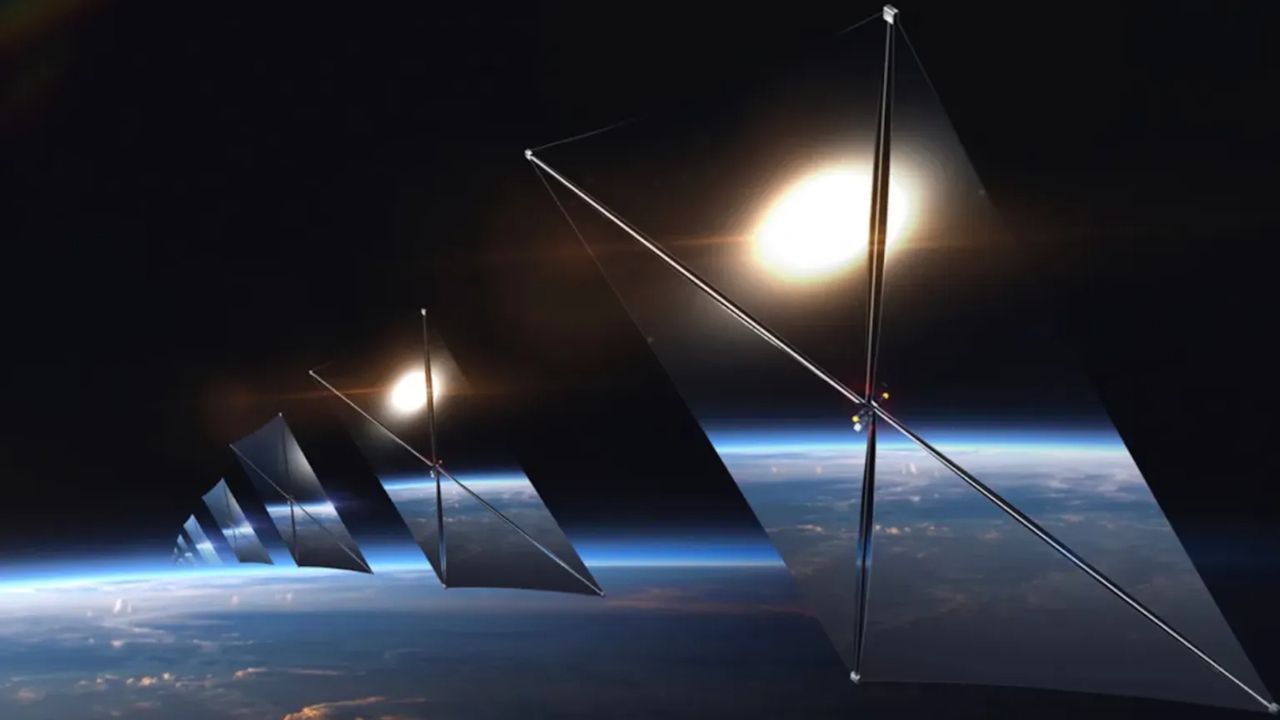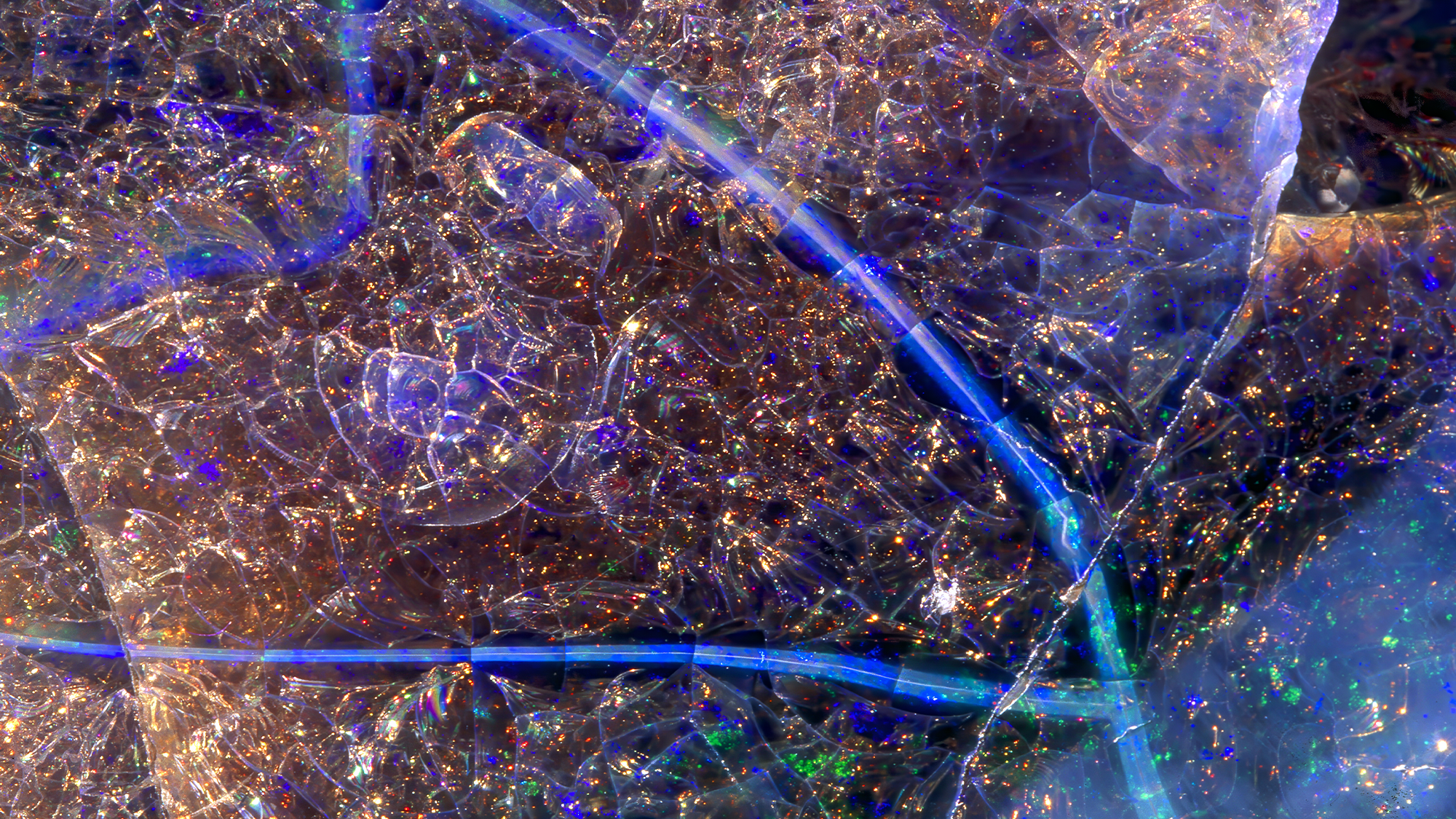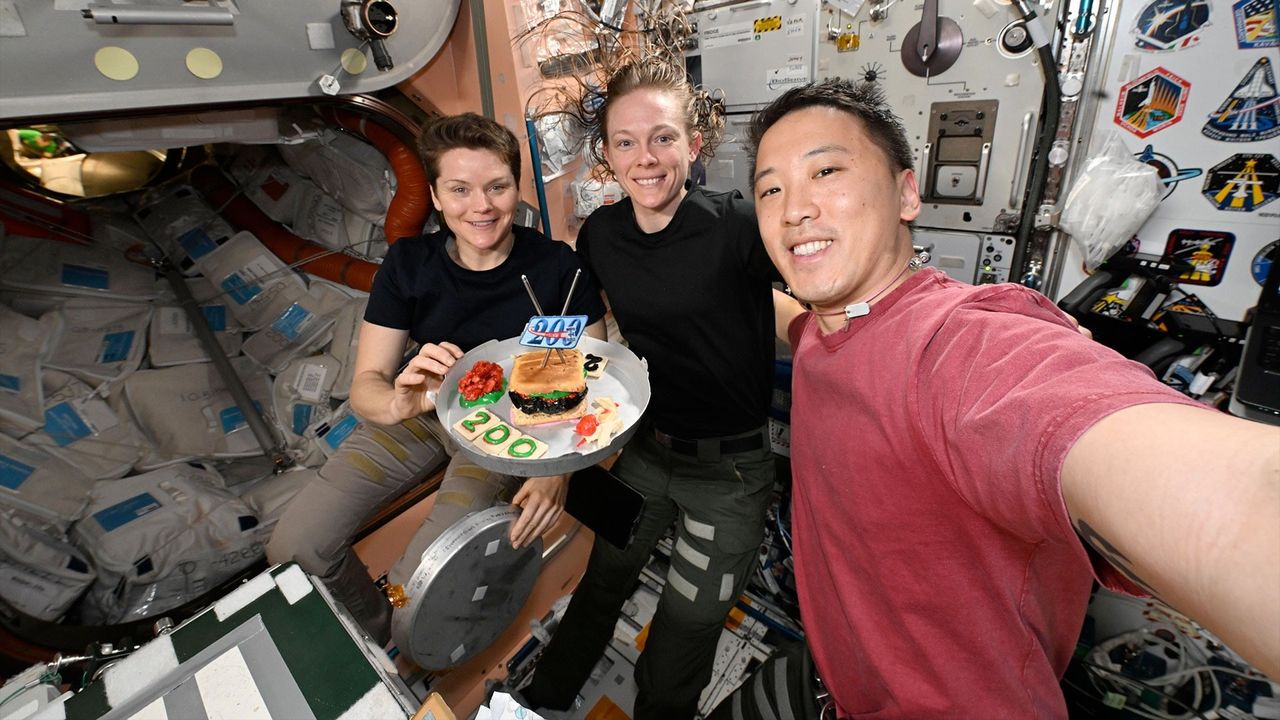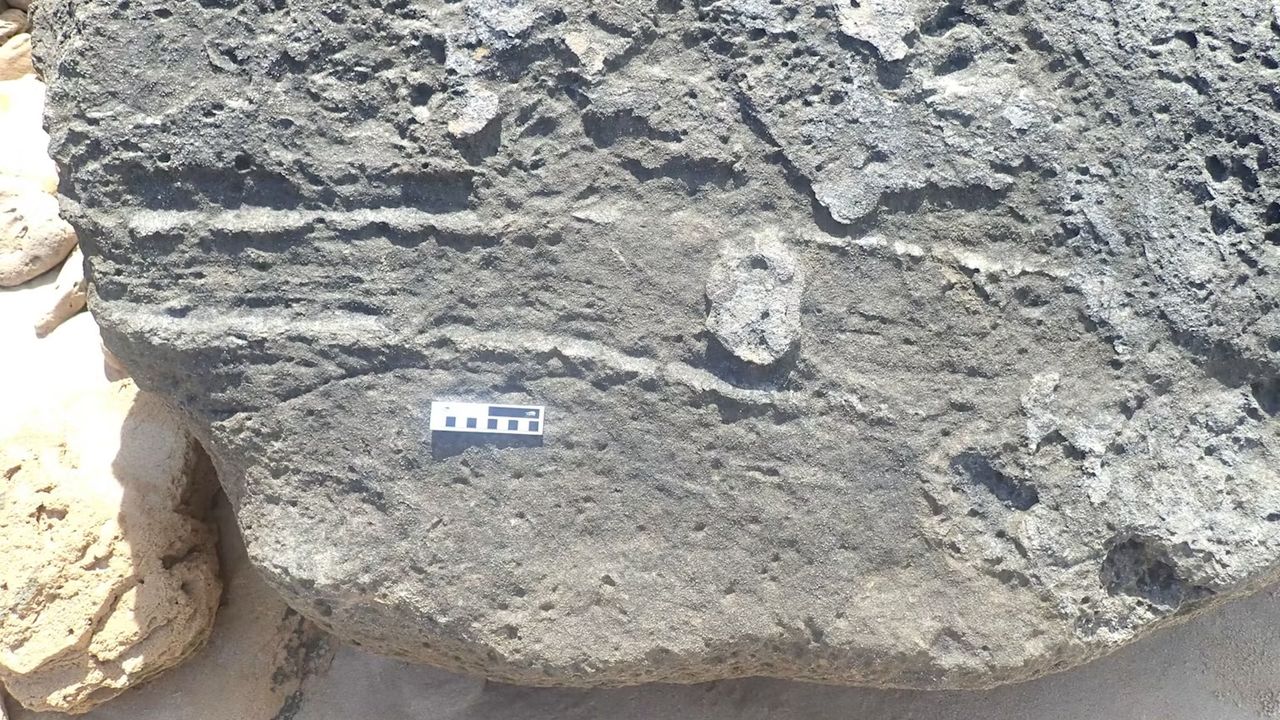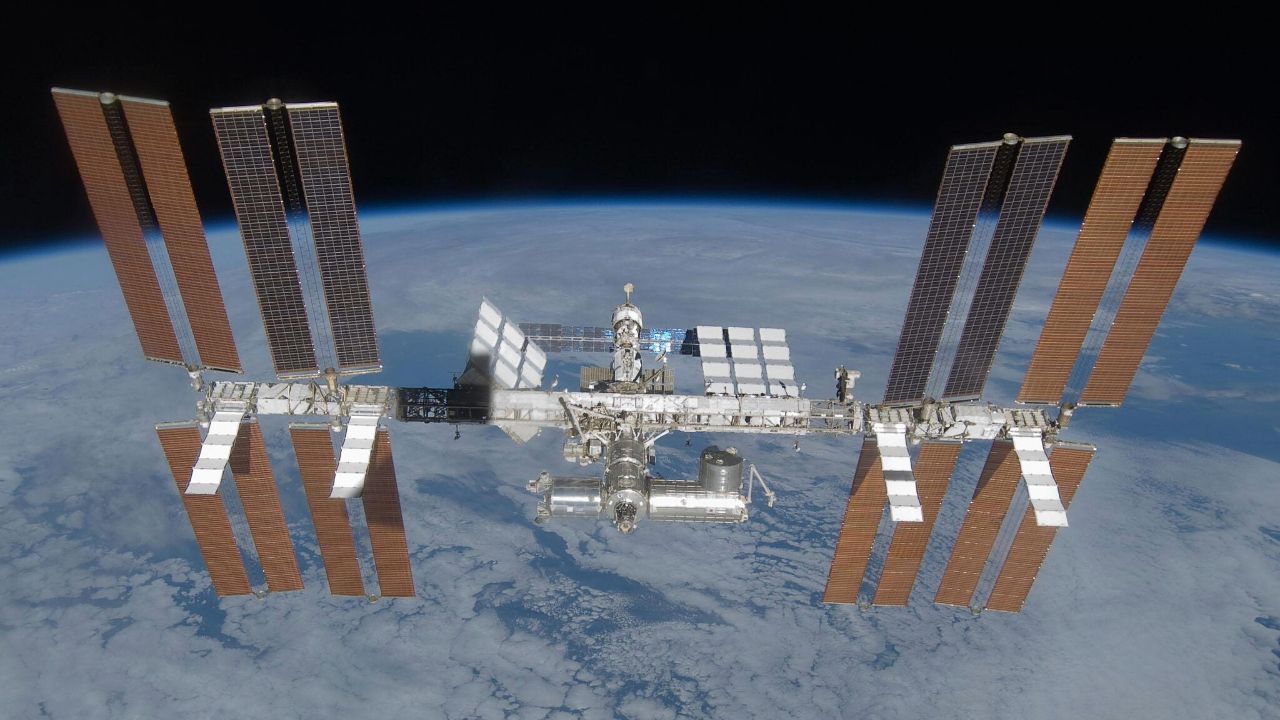Your flight emissions are way higher than carbon calculators suggest
NegativeScience

A new study reveals that current carbon calculators significantly underestimate the warming impact of flight emissions. This is crucial because it highlights the need for more accurate tools to assess our environmental footprint, especially as air travel continues to rise. Understanding the true impact of our flights can lead to better decision-making for both individuals and policymakers, ultimately helping to combat climate change.
— Curated by the World Pulse Now AI Editorial System

